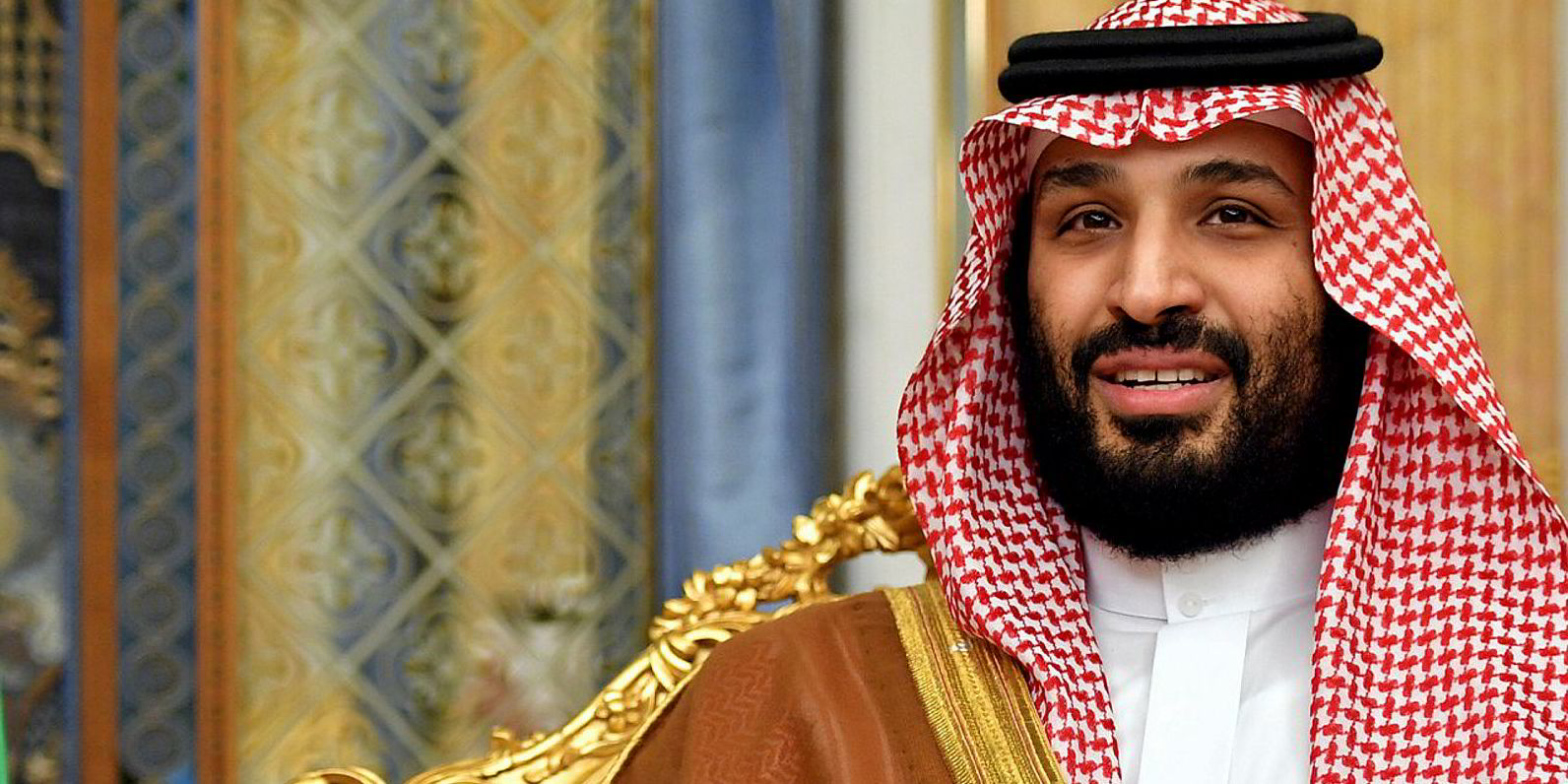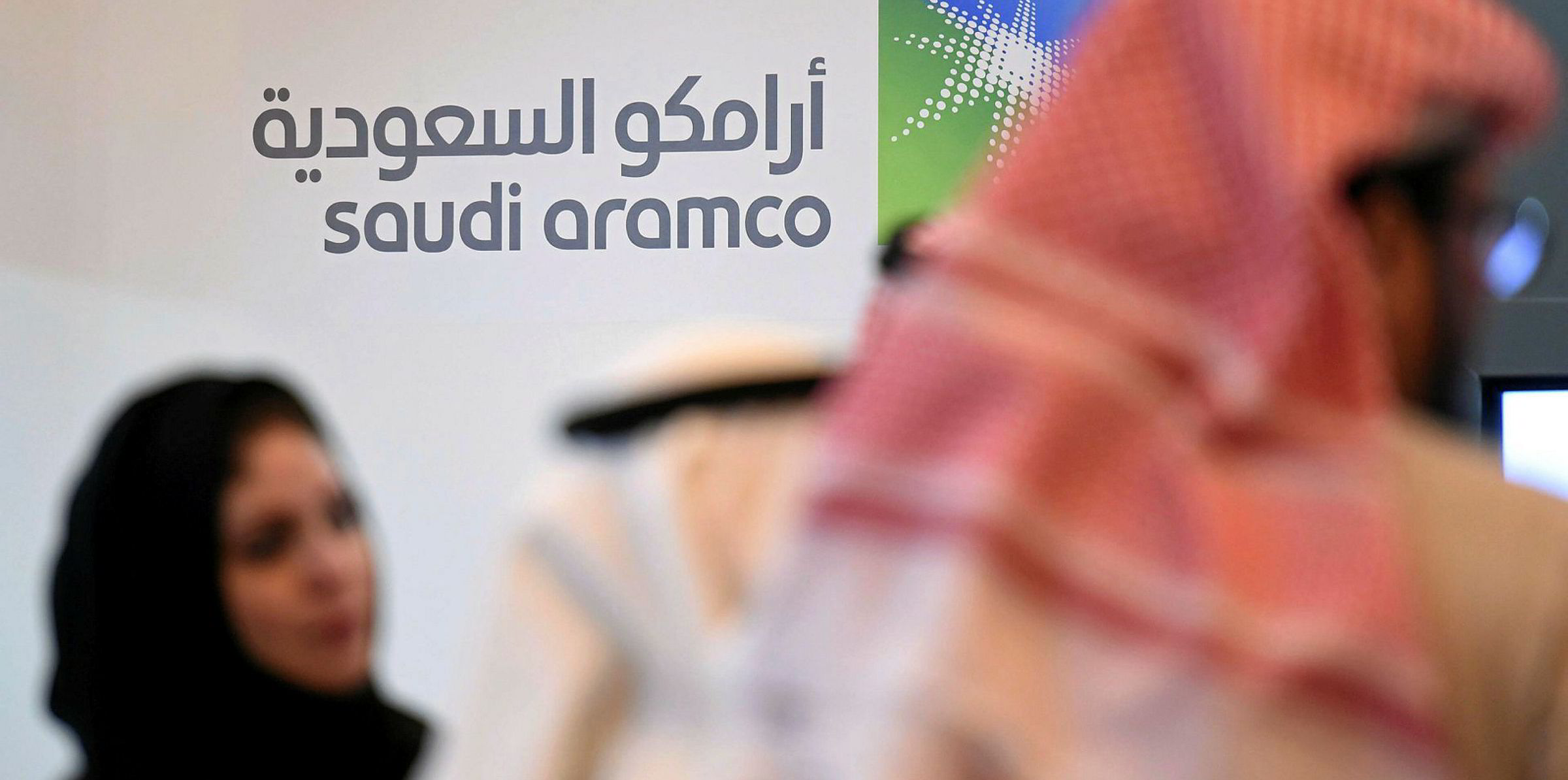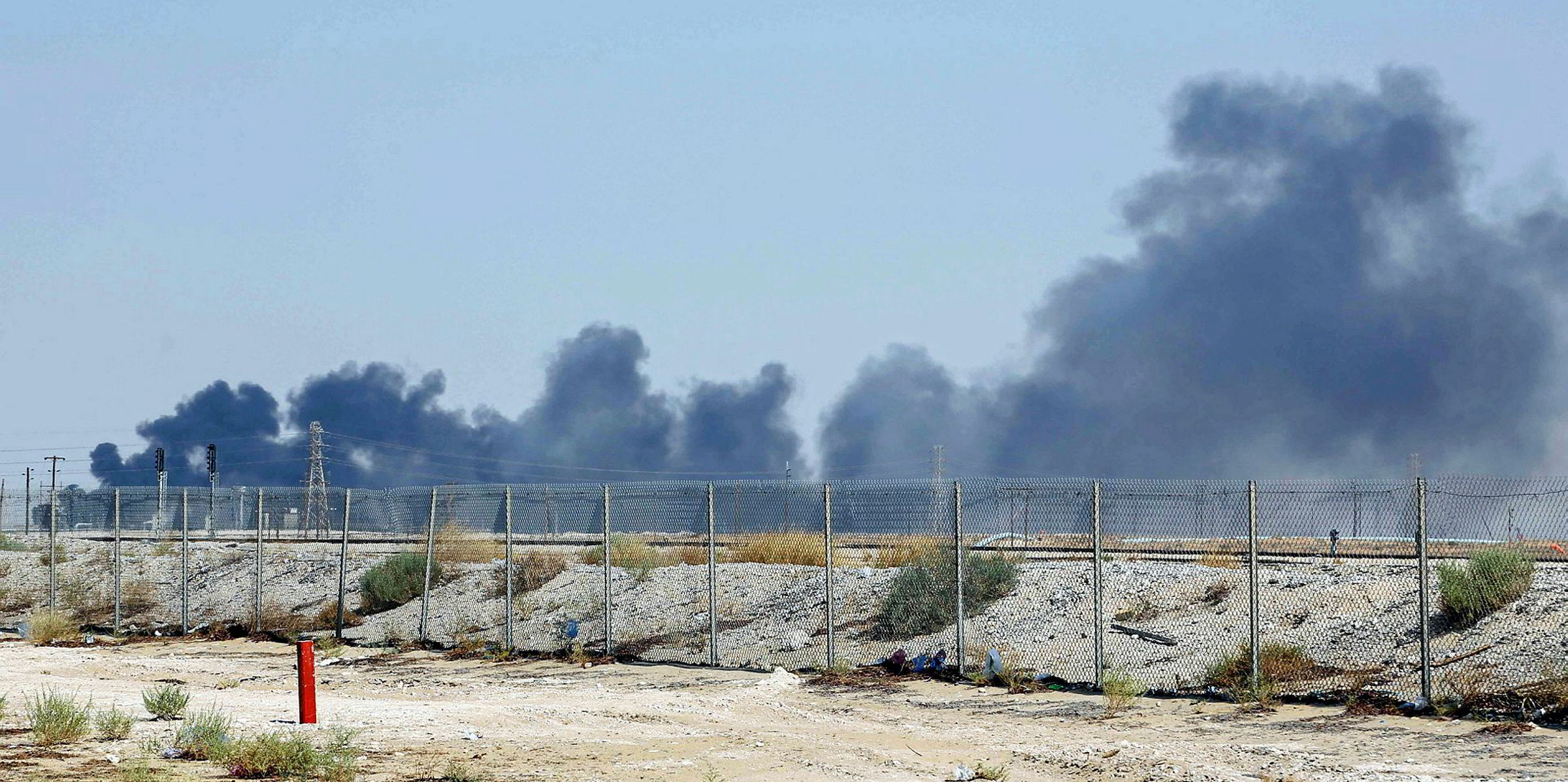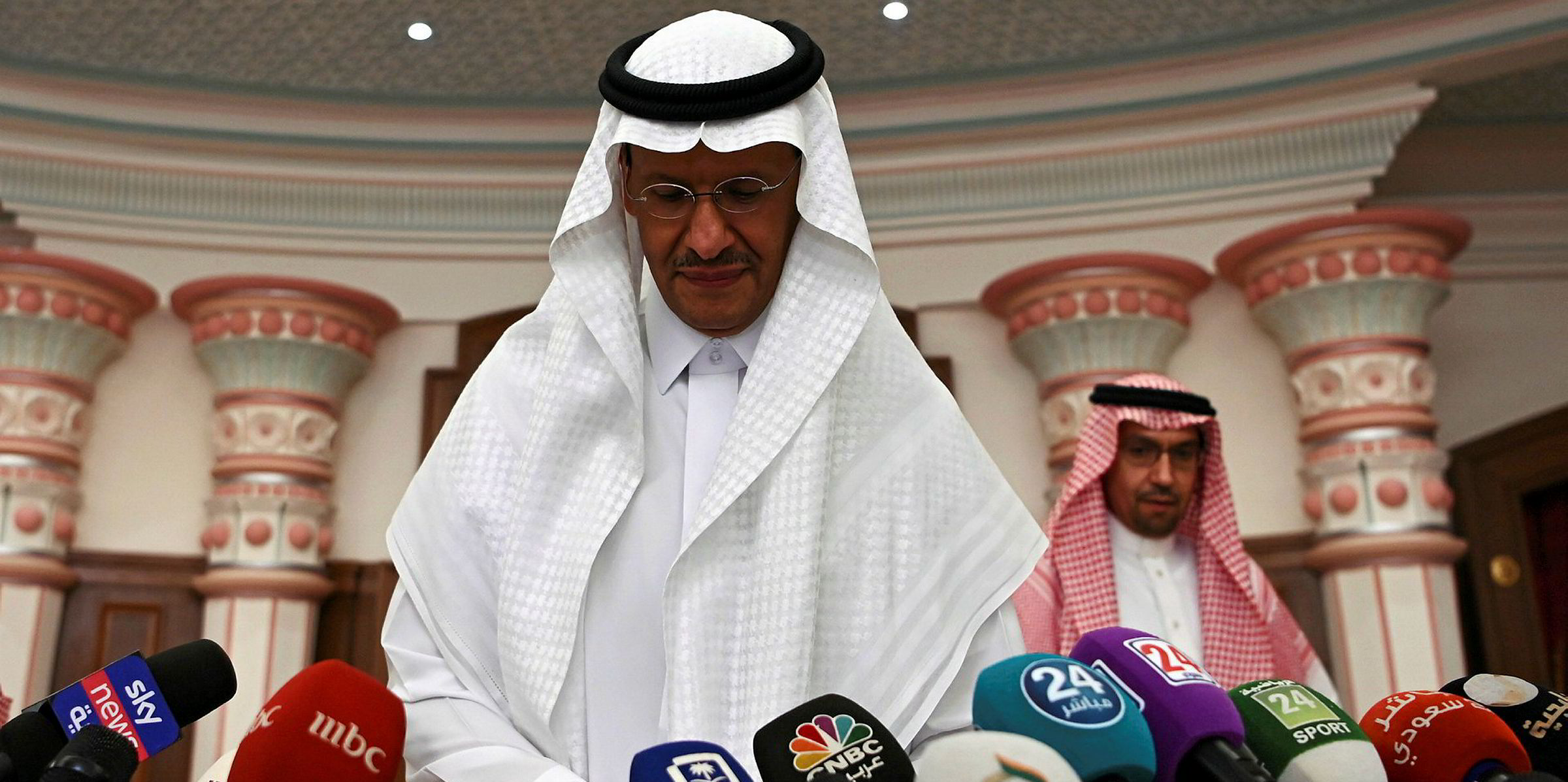OPINION: Is it possible that the devastating 14 September strikes against key Saudi oil facilities may turn out to be a watershed event in pushing sworn enemies Saudi Arabia and Iran to finally bury 40 decades of hostility?
The two major oil and military powers in the Persian Gulf have been at each other’s throats ever since the 1979 Islamic Revolution that installed a radical Shia clerical leadership in Iran, vehemently opposed to the conservative brand of Sunni Islam championed by the pro-Western monarchy in Riyadh.
The drone and missile attacks, blamed widely on Iran, jolted global energy markets by briefly knocking out more than 50% of Saudi oil production and raised fears of a regional war involving the US.
The incident happened despite the Saudis spending $67.6 billion on their defence budget last year, much of it on sophisticated aircraft and air defence systems, which failed to stop the air strikes.
Iran-aligned Yemeni Houthi rebels claimed responsibility though Saudi officials have little doubt that Iran managed the attacks.
The Saudis had hoped for a US military response but faced disappointment amid a reluctance by President Donald Trump to risk a major conflagration.
Any entanglement in a new Middle East war is liable to hurt Trump’s chances of winning another term in the White House next year.
Riyadh was naturally shocked and outraged by the audacious attacks. However, the lack of US appetite for war and the vulnerability of Saudi oil infrastructure are said by some to be leading to a rethink of the usual hostile Saudi approach to Iran.
Crown Prince Mohammed bin Salman, a chief proponent of US military action against Iran since becoming defence minister in 2015, is warning that a war with Iran would be catastrophic, not just for his country but for the global economy.
He has therefore been loud and clear in his latest messages to Iran that the region’s peace would best be served by diplomacy.
He extended his olive branch on Sunday, saying a peaceful solution was much better than a military response. Tehran has welcomed a dialogue with the maverick prince.
The comments are the clearest sign to date of the prince backing away from a direct confrontation with the country’s chief rival.
Since being named crown prince in 2017, Prince Mohammed has led an increasingly aggressive foreign policy in the region, going to war against Iranian-backed rebels in Yemen, briefly detaining Lebanon’s prime minister, and imposing a blockade on neighbouring Qatar.
Iran sees the Saudis as being party to Washington’s campaign of maximum economic pressure through tough sanctions that have throttled its oil exports.
As such, Tehran has, since May, resorted to systematic military action in a strategy aimed at reducing the pressure of the sanctions.
The Iranians, aided by the Houthi insurgents, have attacked a series of Saudi and United Arab Emirates targets, most of them connected to the oil industry. The peak was the 14 September strikes.
Iranian tactics seem to have been one factor persuading the UAE to adopt a more friendly tone by sending a peace mission to Tehran. The Saudis are now also signalling the possiblity of following same peaceful route, realising the vulnerability of their oil lifeline to further Iranian attacks.
Paradoxically, it seems that the September attacks are raising hopes of a major reconciliation between Iran and its Arab neighbours that would help prevent a regional war and ensure the safe flow of oil supplies to world markets.
(This is an Upstream opinion article.)



